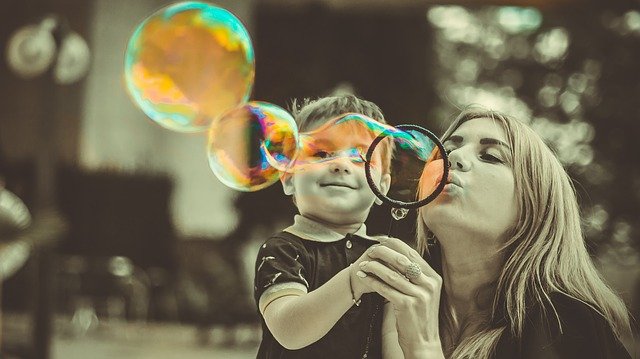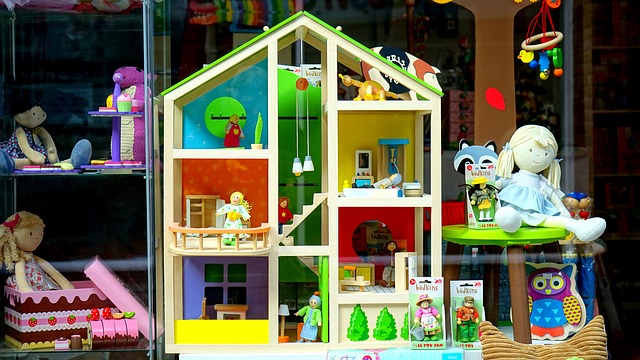When we find ourselves wanting to understand and learn more about our child/ren, the best chance is to meet them on their level. Play is essentially the language children know and understand more than words. So, it is a no-brainer that play is where you can connect, understand and appreciate your child through their language. This brief article will explore some ways in which we, as parents, family and care givers to children, can maximise opportunities to connect with our children.
Like I said, play is their language, so give space for play to happen in their everyday. More specifically, allow space for you to be near, observant or possibly even a part of their play. Just take 10-20 minutes to be present with them as they play. You will be surprised with what you notice about their ability to express themselves, to make decisions, to know right from wrong or even how they view themselves and others around them.
Being present as the child plays means we are not on our phones, there is no TV on, we are not trying to get the perfect picture of what they are doing, and we a simply living in the moment the child is creating. As we be present in their moment, be sure not to try and direct their play, or adding educational comments to their play, correcting their words or gramma, or inserting ourselves to the point of intrusion. Rather just be present. If possible be at their level, be on the ground if they are, sit alongside them or across from them, and watch.
Mimic their emotional responses as they choose to play happy, sad, frustrated, annoyed, surprised. Be playful in your actions. And if they invite you in, be sure to wait for their direction. It’s simple to connect, we just need to set the time aside, and remember it’s the child’s turn to express their wants and desires in play.

Allow your child the space to role-play and explore their everyday life within the safety of play, and where the consequences aren’t always bad nor are they real. It’s important that when we sit alongside and observe, remain present, and if invited, to participate allowing the child to take the lead in the play. Whatever role-play the child is playing out, it’s important we do not pass any judgement or express concern for the play unless it appears that the child or yourself are in physical danger, or a toy is being deliberately damaged.
When we sit alongside or join our children’s play, it is us as the parent opening up dialog for the child to talk, not just in the conventional way we all think, but through the language of play. In turn we create the opportunity to connect and understand our child.
Happy playing 😊
Tateum Mahoney
Social Worker / Play Therapist
CoRe Kids Therapy (Yarraville Location)

